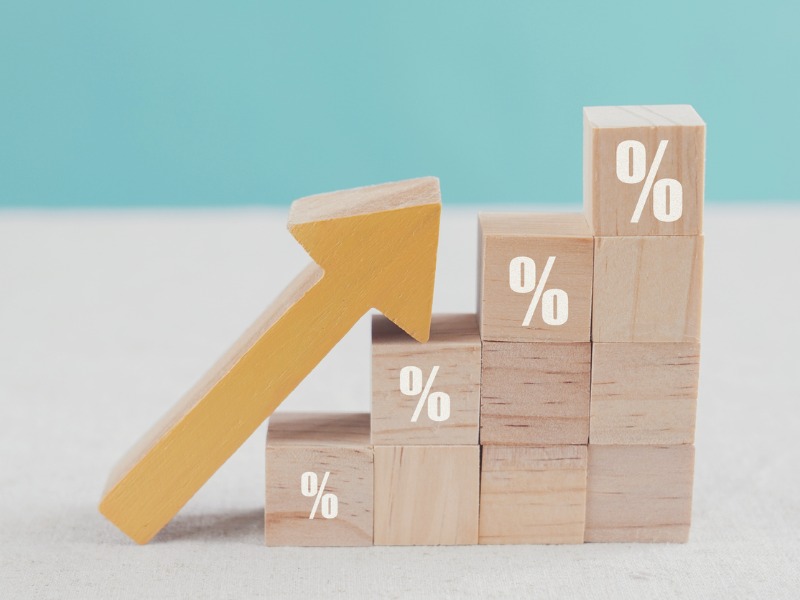“Many companies are still planning to raise wages to attract and retain workers,” the central bank said in its report, indicating that companies expect wages and prices to rise at a faster rate.
Moreover, a growing number of respondents identified the rising cost of living as an important reason for the increase in wages. Nearly half of companies expect their pay increases to remain above pre-pandemic levels for more than a year. »
The report also said that companies expect sales growth to begin to slow and return to normal after the pandemic recovers quickly.
Labor shortages and supply chain bottlenecks remain major issues, with supply chain issues taking longer than expected to resolve, according to the report.
In response to this background, the Business Outlook Survey indicates that companies are reconfiguring their supply chains and holding more inventory than usual, and the majority of companies are planning to invest and hire more.
However, the Bank of Canada noted that the long-term outlook for corporate inflation remained stable, between 2% and 3%.
Some consumers are more concerned
Meanwhile, the Bank of Canada’s survey of consumer expectations indicates that consumers also expect inflation to rise, and their concerns mostly revolve around food and gas prices and rents.
The consumer report also highlighted that rising expectations of inflation and interest rates are impacting consumer confidence.
The bank noted that lower-income and older Canadians were more concerned about groceries prices and rents than younger respondents and higher-income families.
The bank said consumers, especially those on lower incomes, are coping with higher inflation by cutting back on spending, putting off big purchases and looking for discounts and options for cheaper alternatives.
“Some have stated that they are sticking to a tight budget for groceries and buying more home brands, or that they have stopped buying things considered less important. Others rely more on crops than their vegetable gardens or on more economical transportation, such as bicycles.
The report also found that most respondents felt that the Bank of Canada had the credibility and tools to control inflation, and that their belief in the bank’s ability to meet the inflation target had not changed much since before the pandemic.
Statistics Canada last month reported annual inflation of 7.7% in May, the highest level since 1983.
The Bank of Canada raised its main interest rate target with a view to bringing inflation back to its 2.0% target.
The central bank has raised interest rates three times since the beginning of the year, bringing the key rate to 1.5%. The next interest rate decision is set for July 13, and many private sector economists expect it to raise the benchmark interest rate by three-quarters of a percentage point.

“Subtly charming problem solver. Extreme tv enthusiast. Web scholar. Evil beer expert. Music nerd. Food junkie.”

